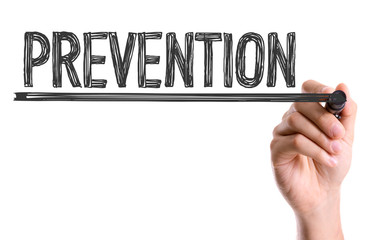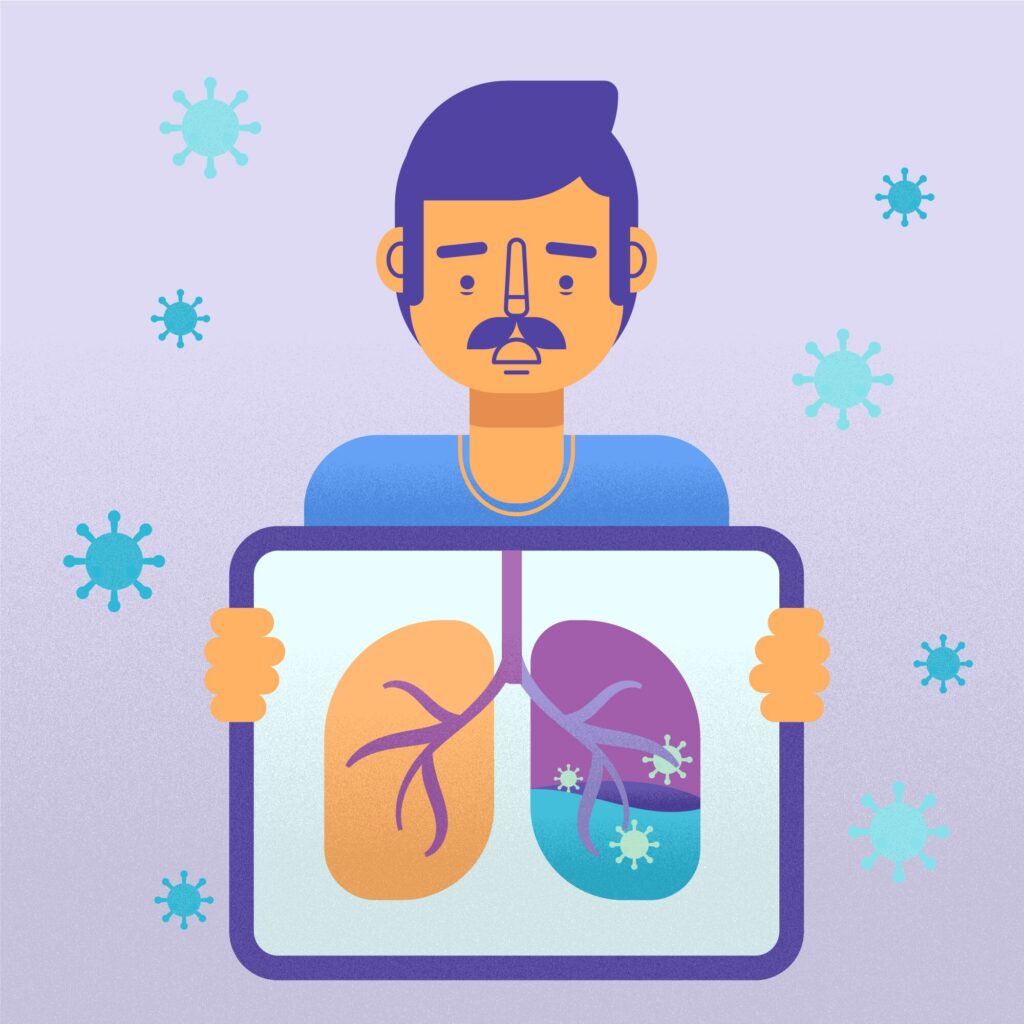Respiratory ailments are a group of diseases that primarily affect the lungs and other parts of the respiratory system. With the growing levels of pollution and changing lifestyles, these disorders are becoming increasingly common. Respiratory diseases alone are one of the leading causes of death, especially in infants and the elderly. We will delve deeper into what respiratory ailments are, their causes, symptoms, treatments, and preventive measures.
What Are Respiratory Ailments?
Respiratory ailments, also referred to as lung disorders, encompass various diseases that hinder normal breathing and lung function. These include common conditions such as asthma, chronic obstructive pulmonary disease (COPD), lung cancer, and more severe infections like pneumonia and tuberculosis. Left untreated, these disorders can lead to severe health complications, including life-threatening conditions.
Types of Respiratory Ailments
There are several types of respiratory ailments, each with its specific causes, symptoms, and complications:
1. Asthma: A chronic condition that inflames and narrows the airways, leading to breathing difficulties. Asthma attacks can be triggered by allergens, pollution, or respiratory infections.
2. Chronic Obstructive Pulmonary Disease (COPD): Primarily caused by smoking, COPD includes conditions like emphysema and chronic bronchitis. It leads to airflow blockage and breathing difficulties.
3. Bronchitis: This is an inflammation of the bronchial tubes, which carry air to the lungs. Acute bronchitis is usually caused by viral infections, while chronic bronchitis is often the result of smoking or exposure to harmful fumes.
4. Pulmonary Fibrosis: A condition that occurs when lung tissue becomes damaged and scarred, making it difficult to breathe.
5. Lung Cancer: A life-threatening condition caused mostly by smoking, but exposure to radon, asbestos, or second hand smoke can also contribute to its development.
6. Pneumonia: An infection that inflames the air sacs in one or both lungs, which can fill with fluid or pus. It can be caused by bacteria, viruses, or fungi.
Causes of Respiratory Ailments
The causes of respiratory diseases vary depending on the specific condition. However, some of the most common causes include:
– Smoking: The leading cause of lung diseases such as COPD and lung cancer. Even second-hand smoke can be dangerous.
– Air Pollution: Inhaling pollutants such as smog, dust, and toxic chemicals can damage the lungs over time.
– Infections: Viral and bacterial infections, such as the flu, COVID-19, and tuberculosis, can lead to severe respiratory conditions if not treated promptly.
– Genetic Factors: Some people are genetically predisposed to conditions like asthma and pulmonary fibrosis.
– Occupational Hazards: Exposure to chemicals, asbestos, or dust in workplaces can cause diseases like mesothelioma or occupational asthma.
Symptoms of Respiratory Ailments
Respiratory ailments often present similar symptoms, but the severity can vary depending on the condition. Common symptoms include:
– Persistent cough (sometimes producing phlegm)
– Shortness of breath
– Wheezing
– Chest pain or tightness
– Fatigue or weakness
– Fever and body aches (common with infections like pneumonia or the flu)
– Difficulty breathing, especially during physical activities
– Chronic cough that doesn’t improve over time
Treatments and Cure:
Treating respiratory ailments requires a comprehensive approach tailored to the specific disease. Common treatments include:
– Medications: Antibiotics (for bacterial infections), bronchodilators, and steroids (for asthma and COPD) help manage symptoms and prevent exacerbations.
– Surgery and Targeted Therapies: For conditions like lung cancer, surgery, chemotherapy, and radiation may be recommended.
– Inhalers and Nebulizers: These deliver medications directly to the lungs, relieving symptoms in asthma and COPD patients.
– Oxygen Therapy: For severe cases of respiratory failure, supplemental oxygen may be necessary.
– Lifestyle Changes: Quitting smoking, avoiding allergens, and improving air quality at home can make a significant difference.
Preventive Measures

Preventing respiratory ailments involves a mix of lifestyle changes and environmental controls. Here are some essential tips:
1. Quit Smoking: Smoking is the number one cause of lung diseases. Quitting drastically reduces the risk of developing serious respiratory conditions.
2. Maintain Good Hygiene: Washing your hands frequently, especially before meals and after being in public spaces, can reduce the risk of infections like the flu or pneumonia.
3. Use Air Purifiers: To minimize exposure to indoor air pollution, especially if you live in urban areas with high pollution levels.
4. Exercise Regularly: Physical activity can strengthen your lungs and improve overall respiratory function.
5. Wear Masks in Polluted Areas: If you live in areas with poor air quality, wearing masks can reduce the risk of inhaling harmful pollutants.
6. Get Vaccinated: Vaccines such as the flu shot and pneumonia vaccines can prevent severe respiratory infections.
Important Questions to Consider
Q. How can one differentiate between asthma and other respiratory conditions like bronchitis?
-Asthma causes recurring wheezing and breathlessness, while bronchitis typically presents with a persistent cough producing mucus.
Q. What are the long-term effects of untreated respiratory diseases?
-Untreated respiratory diseases can lead to chronic lung damage, respiratory failure, and increased risk of infections.
Q. Can air pollution alone trigger severe respiratory issues, or does it have to be a combination of factors?
-Air pollution alone can trigger respiratory issues, but the severity often worsens with additional factors like smoking or infections.
Q. How effective are natural remedies, such as yoga (e.g., anulom vilom), in improving lung health?
-Yoga and breathing exercises like anulom vilom can improve lung capacity and reduce symptoms of respiratory conditions like asthma.
Q. Should I rely on home remedies and internet suggestions?
– It’s suggested to opt for a doctor and rely on the prescribed medication by the doctor for your diagnosis in serious cases.
Yoga and meditation may help strengthen your lungs and body to fight against diseases. Hence, be consistent with your exercise.
Respiratory ailments are a serious concern globally, with many of them being preventable through lifestyle changes and timely medical intervention. Whether it’s quitting smoking, wearing protective gear in polluted environments, or seeking medical attention early, taking care of your respiratory health is crucial. Understanding the causes, symptoms, and treatments can help individuals manage these conditions more effectively and improve their quality of life.


